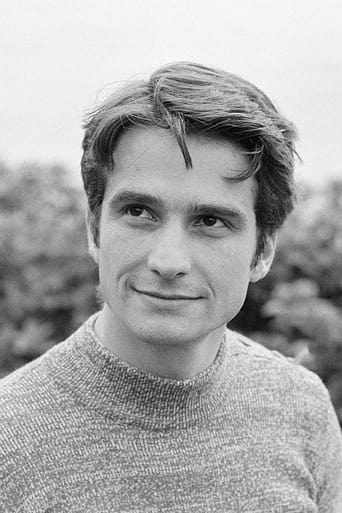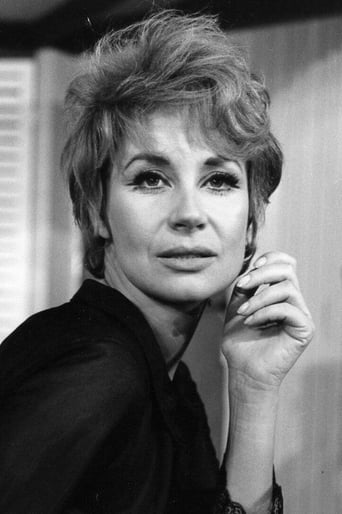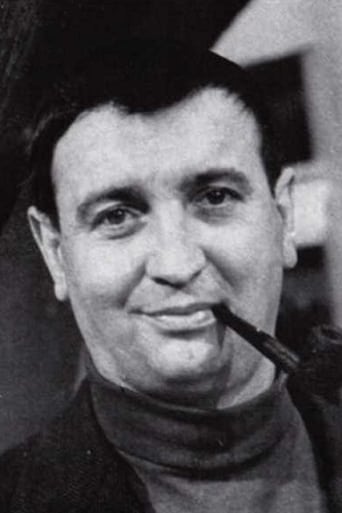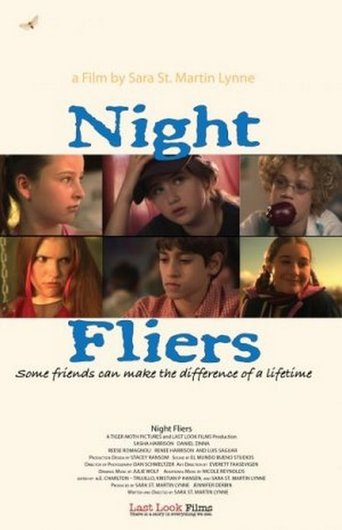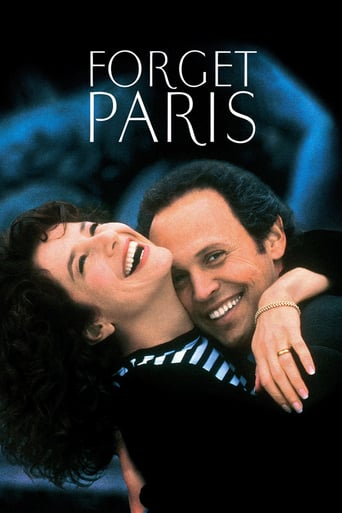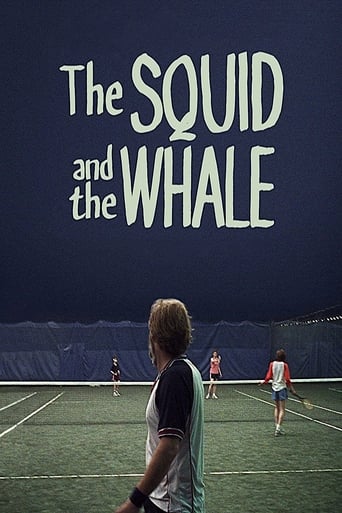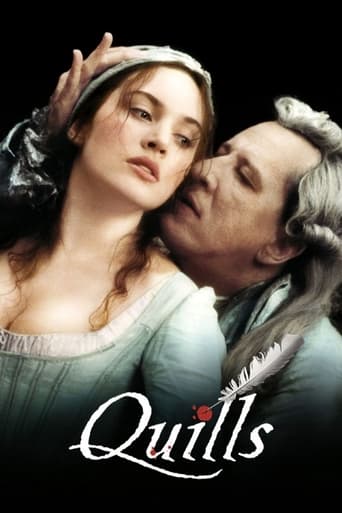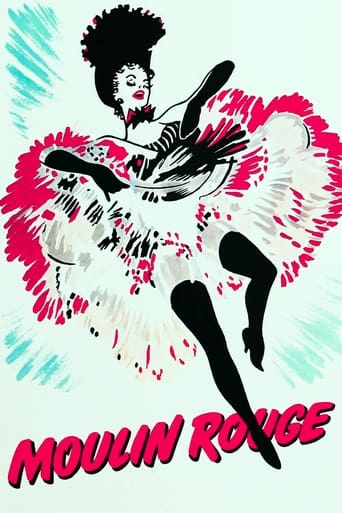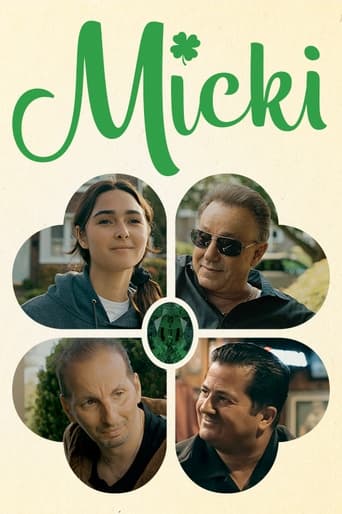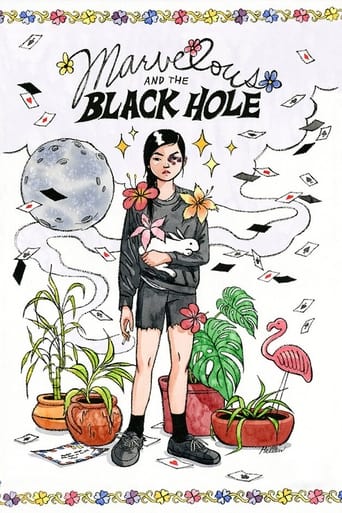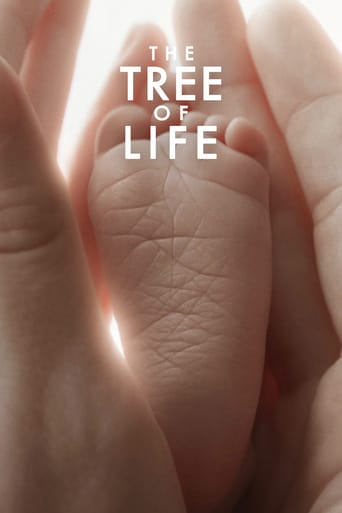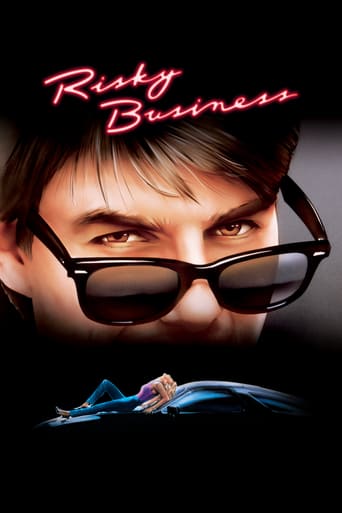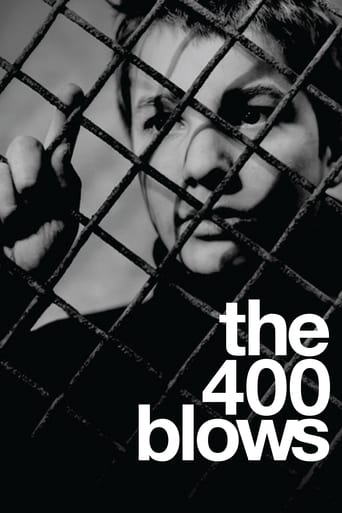
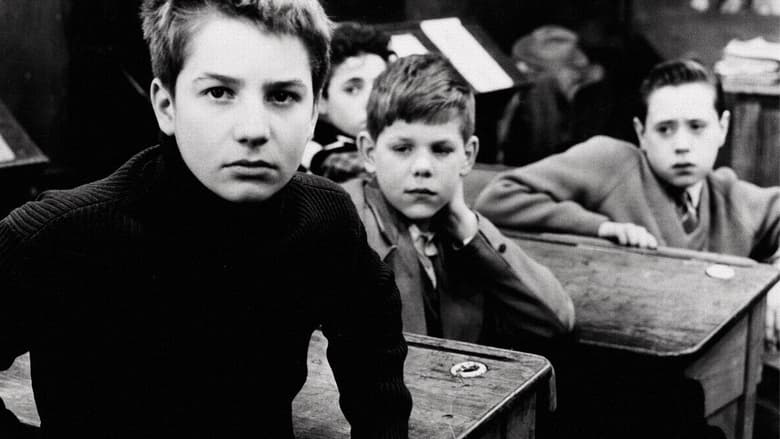
The 400 Blows (1959)
For young Parisian boy Antoine Doinel, life is one difficult situation after another. Surrounded by inconsiderate adults, including his neglectful parents, Antoine spends his days with his best friend, Rene, trying to plan for a better life. When one of their schemes goes awry, Antoine ends up in trouble with the law, leading to even more conflicts with unsympathetic authority figures.
Watch Trailer
Cast


Similar titles
Reviews
I don't care at all for labeling. I mean by that whether a film was a leading pioneer in one field or another, that doesn't impact the rating it should be given. A film should be judged on account it's a film, full stop. And this right here isn't the most unbelievable you'll have seen in your lifetime, but it's certainly one of the good ones. So realism or neo-this and neo-that, I don't care: this film is certainly well made however.The first thing that should be said is it's well paced: we're not given a moment of respite or any time to think about what's missing, it's just hard-hitting events and news, all sequenced in a very fluid and solidly crafted development. Dialog is good, all characters well written and, of course, realistic as this is the main goal of this production: to deliver a tale that rings true in its every breath but that provides poetry and strong deeper meaning to that daily struggle. The film isn't so much a metaphor or such as it is an ode to the roughness of the real world. It's completely ruthless, it's harsh, but not oppressive...just like life is.The kid playing the lead character, a then fifteen year old Léaud, handles his protagonist's part incredibly well. And it's telling in and of itself a child however talented would understand and take to the role so spontaneously well: his character is the child many of us have been, a symbiotic mixture of mischievousness and innocence that makes us incomprehensible and unbearable to the world around us.Very lyrical, symbolic ending - that may or may've not inspired a Stephen King as he was writing one of his most famous pieces (brought to the big screen in the mid 90's) ?.. Strong film: 8/10.
THE 400 BLOWS is a French drama about childhood and growing up under very difficult family and social circumstances. The main protagonist is a boy, who was faced with a lack of understanding by his own family and teachers at school. His French teacher is the embodiment of terror and incomprehension. His mother and stepfather, because of work and irregular life, do not have time for her only son. The boy began to run away from home and deal with petty crimes...The story is incredibly realistic, clear and honest. Deviation from the traditional narrative is more than obvious. Mr. Truffaut has introduced realistic social and family situations. These situations have offered insight into one emotional confusion and painful agony. It is difficult to describe with words. The boy leads an inner struggle, that moves him away from the school and parents. The story contains some of the director's autobiographical moments and intimate experiences from his youth. Because of that, an image of Paris and a musical score are quite sad. Certain critiques of education or perhaps social incompetence is the point of this movie. Jean-Pierre Léaud as Antoine Doinel is a realistic and simple character. The boy, who does not provoke sympathy. A vulnerability and naivety of his character are amazing. His honesty, while a psychiatrist attempts to fathom reasons for his discontent is almost heartbreaking. His support is Patrick Auffay (René Bigey) as his best friend and accomplice in the crime.Claire Maurier as Gilberte Doinel is quite superficial and deceptive character in the role of Antoine's mother. Albert Rémy as Julien Doinel is a confused and unfulfilled Antoine's stepfather. Guy Decomble as Sourpuss He is an indifferent and insensitive teacher.This is a small and very interesting masterpiece. Very important drop in the French New Wave.
To not have a mother's love is one of the most heartbreaking things in life. Antoine Doinel is an example of a kid who, on the surface, has a stable home life – with a roof over his head, a decent school, and parents who look out for him, albeit with them sometimes taking turns as one or another is often out at night. However, as the movie progresses, we get glimpses of just how difficult the young man's life is – his mother's infidelity, overheard arguments, and their careless comments. The way Truffaut slowly reveals the details is masterful, which is all the more impressive given this was the director's first film. Doinel is played by Jean-Pierre Léaud, who at 15 was taken under the 27-year-old Truffaut's wing as a kindred spirit of sorts, and he turns in a remarkable performance – natural, honest, and highly realistic. We see him acting out in school, cutting class, and getting into trouble. Even when he does try to apply himself, reading Balzac, it ends wrong at home, with the candle he's lit in a small shrine of sorts starting a fire, and at school, where out of inspiration he paraphrases Balzac so closely that he gets an F for plagiarism.There are many great shots, and the film is beautiful. The street scenes in Paris. A swirling centrifugal carnival ride. The shot from atop a tall building, which follows a school teacher as he leads the kids down the street, only to have groups of two and three of them peeling off along the way to get into mischief. Little children watching a puppet show, with rows and rows of faces reacting with such natural animation, and unmistakably telling us of their emotions. The interview with the psychologist, shown from her perspective, as Doinel answers her questions about why he lies and steals in a straightforward manner. That's a very powerful scene, and one that really ties it all together emotionally. This film will impact you. Its ending leaves the young man's fate unresolved – just as in life. He's at a crossroads of sorts. He may get into further trouble and spiral, becoming a criminal, or he may be saved by a passion for something, as Truffaut himself was with cinema, or by his inner good nature. We certainly hope for the latter, but can't help but worry. Put up with by his stepfather but unloved, a nuisance to his mother and deep down unwanted, labeled a bad kid by his teachers and put into the system – these things go deep into his core. In a non-cloying way, the film explains why some people turn out as they do, and makes us want to be more understanding and kind.
The title of the film is The 400 Blows but its actually an expression for 'Raising Hell.'Made in 1959 in a cinema verite style. This is the full screen debut of Francois Truffaut and an example of the French New Wave. It was a critical hit.Jean-Pierre Leaud plays Antoine Doinel, a misunderstood teenager in Paris who constantly gets into trouble at school and an at home. Doinel is based partly on Truffaut himself.Doinel finds school boring, does not get on with his teachers who usually catch him telling lies including an embarrassing one where in a panic he tells that one of his parent has died. At home he is alone a lot as both parents are working. His glamorous mother (Claire Maurier) seems to have little time for him. He gets on better with his father (Albert Remy) who is more playful but as the film progresses, he is actually the step-father and you also learn that his mother is having an affair. Doinel wants love but his step- father seems too weak (he suspects his wife is cheating) his mother too busy but he seems happiest when she does give him attention such as towelling him down after a bath.Doinel and his best friend Rene get into all sorts of scrapes and petty crime. Several times Doinel runs away from home and sleeps rough. He gets caught stealing a typewriter from his stepfather's workplace and comes into the attention of the police, social services and the judiciary. At the end he is sent to a young offender's institute that he also runs away from and onto a beach to what looks like an uncertain future.However Truffaut would re-visit Doinel over the course of his directing career.Watching this film it becomes apparent how much this influenced the British New Wave in the 1960s. So much of this film reminded me of Kes by Ken Loach with its naturalistic acting styles. Just look at the mischievous scene where the sports teacher takes the class for a walk around the streets of Paris and the kids disappear few at a time. Then there is the very naturalistic scene at the Punch & Judy show where the much younger kids are enjoying themselves. The city is a playground but when Doinel is living rough it is also oppressive and scary.Of course as time has gone on the shock value of the out of control adolescent has been lost with newer, more franker films. The French New Wave also had a different way of telling stories in the cinema that someone like me brought up on a diet of junk Hollywood blockbusters might not always appreciate. The film can be a little too wayward and loose.However the final freeze frame of a boy fulfilling his dream of seeing the sea but still alone and lost is regarded as a classic. Apparently this is the first time a film ends in a freeze frame.


